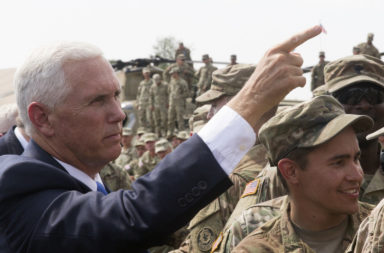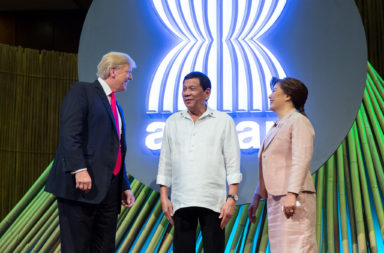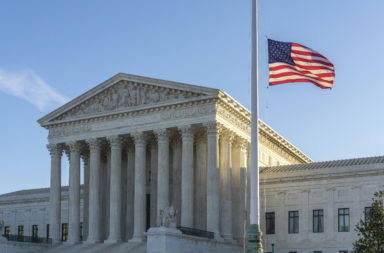Was Trump’s “incendiary rhetoric” really the only factor that fueled an astonishing rise in radical rightwing activity in 2016, up nearly 300% according to the Southern Poverty Law Center?
- The Trump Effect
- The Rise of the Lone Wolf
- From Fringe to Mainstream
- Behind the Statistics That Made 2016 a Year of Unparalleled Hate
A recent report released by left-leaning watchdog the Southern Poverty Law Center paints a bleak picture for Muslim Americans, highlighting a surge in support and activity for right-wing hate groups.
The Trump Effect
Trumpeting a headline-grabbing statistic of a 300% increase in anti-Muslim hate groups in the US, up from 34 to more than 100, the SPLC predictably links the trend with a backlash against globalization evidenced by the election of Donald Trump and the UK’s shock Brexit vote.
“A surge in right-wing populism, stemming from the long-unfolding effects of globalization and the movements of capital and labor that it spawned, brought a man many considered to be a racist, misogynist and xenophobe into the most powerful political office in the world. Donald Trump’s election as president mirrored similar currents in Europe, where globalization energized an array of extreme-right political movements and the United Kingdom’s decision to quit the European Union.”
The above quote from the report seems to make a lot of sense and certainly fits a narrative that will be familiar to anyone following media coverage of Trump’s rise to power and its ensuing effects.
Having played to White America’s fears and prejudices for decades, the Republican party have created a monster that they can no longer control. Or so the accepted wisdom states. But can it be that simple?
For president Trump, he sees himself as a symptom rather than the cause. “I think one of the reasons that I won the election is because we have a very, very divided nation,” the president has stated, adding, “very divided, and hopefully, I’ll be able to do something about that.”
So how do the actions of so-called ‘Lone Wolves’ like Dylan Roof fit into this neat little package?
The Rise of the Lone Wolf
On June 17, 2015, mass murderer Dylann Roof opened fire on an African American congregation of worshipers at a Charleston church, killing nine.
The white supremacist absorbed racist material using the internet, becoming “self-radicalized” according to prosecutors and using the freedom of information provided by the world wide web to self-teach a murderous ideology rather than adopting such beliefs “through his personal associations or experiences with white supremacist groups or individuals or others.”
This detail is important and highlights just how influential the internet has become in providing help and inspiration to extremists on both sides of the racial divide.
Surprisingly, many have pointed out the inconvenient fact that Trump’s victory has actually done a lot to bring otherwise marginalized, fringe hate groups into the mainstream political conversation.
From Fringe to Mainstream
By co-opting some of the ideas previously associated with fringe political movements and communities in the USA, Trump may actually be responsible for a fall in membership and activity of groups like the Klu Klux Klan, anti-government “Patriot” groups and survivalists that have found a political outlet and a place in the national conversation that challenges their misguided beliefs.
Noting that membership of the apocalyptic “prepper” movement had reached a multi-year low, SPLC notes that “the fact that such a prominent candidate was leading the charge on their concerns resulted in many abandoning activism.”
As we can see, the issue of hate groups in America and abroad is a complicated tableaux of ever-shifting allegiances, motivations and fears.
To place ultimate responsibility for the twisted views of marginalized citizens at the door of one man and one man only is at best unrealistic and at worst deeply damaging to civilized societies attempts to reconcile the differences of a deeply divided country.





